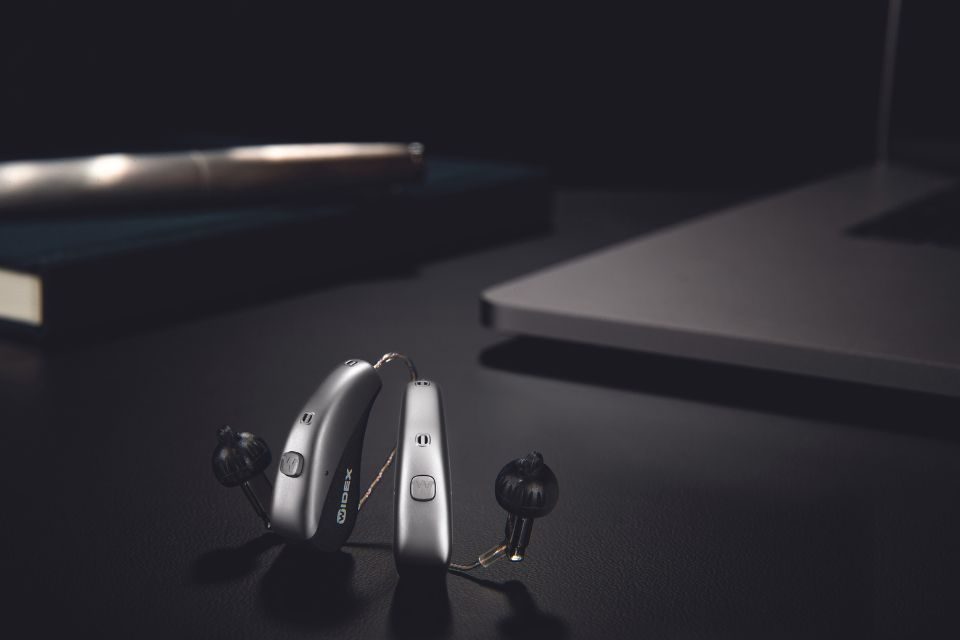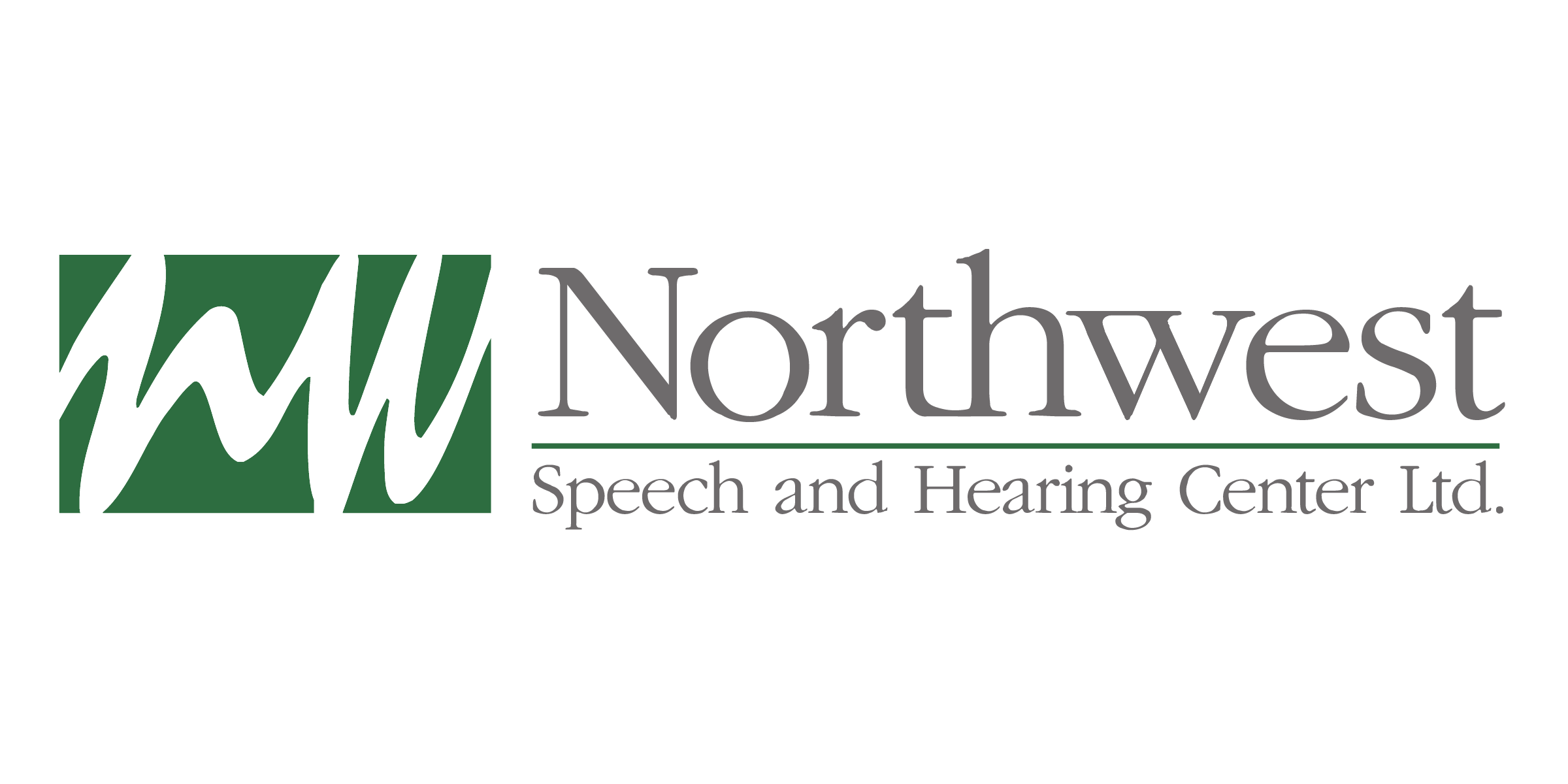What You Need To Know About Hearing Aids
Are you new to the world of hearing devices? Looking to gain insights to assist a family member or someone close to you? Here is some key information to read about devices, hearing loss, and more.

Understanding Hearing Loss and Selecting Your Hearing Device
Hearing is not a one-size-fits-all experience.
People, whether young or old, have different levels of hearing at different frequencies in both ears. Unfortunately, the significance of this fact is often overlooked due to a lack of understanding about advanced technologies that improve sound access.
Everyone is unique, and so are their hearing impairments and lifestyle preferences.
Personalized consultations, such as those offered by the Doctors of Audiology in our team, can identify specific needs and help determine the most suitable hearing device for each patient.
Our Doctors of Audiology adhere to best practices when fitting hearing aids. Real ear testing is performed to ensure proper amplification based on the patient’s hearing loss. This customized adjustment ensures optimal hearing for the patient.
Hearing loss can evolve over time.
Personalized care is not only crucial when acquiring your initial hearing device but also for regular reevaluations throughout childhood and adulthood.
Exploring the different hearing device options.
The world of hearing devices offers a vast selection. While you may envision a specific type you've encountered, it's important to note that there is a wide range of available technologies. Our team of audiologists will work with you to determine the most comfortable and suitable style, whether it's a behind-the-ear device or a completely invisible option.
Costs & Coverage
What Affects The Cost of Hearing Devices
The cost of hearing aid solutions can vary and are influenced by multiple factors, such as:
- Technology level
- Features
- Service package for enhanced hearing experience
Hearing aids equipped with the latest wireless technology generally have higher costs compared to models with fewer advanced features. However, it's important to note that the style and size of the hearing aid do not affect the price. So, if you prefer a smaller model, it won't necessarily be more expensive.
As with any purchase, it's crucial to consider your personal budget and prioritize your wants and needs. Our team of audiologists is here to provide guidance on options that offer optimal hearing performance and include features that truly enhance your daily usage.
Assessing Immediate and Long-Term Expenses
When evaluating the cost of a hearing aid, it's important to consider the level of aftercare and ongoing service provided. Some hearing aids require more intricate adjustments to ensure a perfect fit. Are these maintenance services included? What about repairs? Additionally, consider whether the device requires disposable batteries or can be conveniently recharged.
Whether you choose to work with our team or another trusted audiologist, it's crucial to be prepared and ask these types of questions about your chosen device.
Insurance Coverage for Hearing Devices
Although Medicare does not provide coverage for the cost of hearing aid devices, certain supplemental plans and commercial insurance plans may offer some form of related benefit.
During your consultation, our office will contact your insurance provider to determine the available benefits and eligibility criteria. We understand that hearing devices are typically not covered by insurance, which is why we offer a 12-month no-interest payment plan for qualifying individuals.
Maintenance & Long Term Care

The Value of Professional Care
Selecting the right hearing aid is an important step, but it's just the beginning. Our skilled audiologists will program and fit your hearing aid devices to maximize your residual hearing.
With their expertise and adherence to best practices, they will optimize your communication abilities. Trust in our professionally trained audiologists to help you hear better and enjoy the experience.
What To Expect from Maintenance
After the fitting, your audiologist will give you instructions on how to care for and use your hearing device. Regular cleaning is essential to maintain optimal hearing performance.
Long-Term Maintenance
To have a comprehensive understanding of your hearing, we recommend semi-annual or annual check-ups with your audiologist. These visits will ensure that everything is functioning properly and allow for adjustments to maximize any changes in your hearing.

Hearing Aid Repairs
Occasionally, hearing aids may experience malfunctions. In some cases, our audiologists can repair them in our office, addressing issues like clogged devices or damaged tubing. If more extensive repairs are needed, the device may have to be sent out. Please note that charges may apply, depending on the device's age and the applicability of the manufacturer's warranty. We are capable of repairing most makes and models!
Types of Hearing Devices
Hearable:
A term referring to the latest digital technology that offers various new technological advantages.
Over-the-counter (OTC):
An amplifier for mild hearing loss that does not require programming by an audiologist. It may incorporate hearable technology. It is more affordable but may lack advanced features and power for individuals with more significant hearing loss or complex listening environments.
Hearing Aid:
A device that utilizes digital technology to enhance speech understanding. It undergoes FDA approval and can be fitted for individuals with mild to profound hearing loss. Programming by an audiologist is necessary to optimize its benefits.
Assistive Listening Device (ALD):
A device designed to assist with hearing in specific listening environments. It can be used with or without hearing aids.

